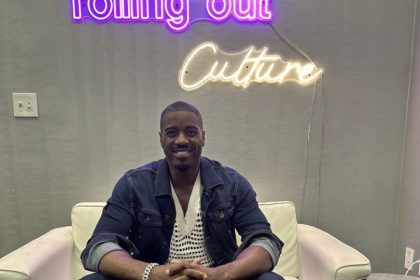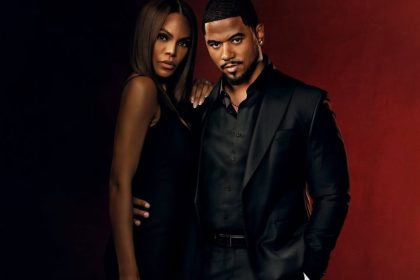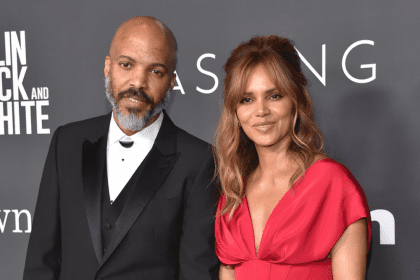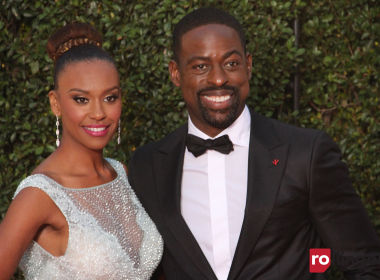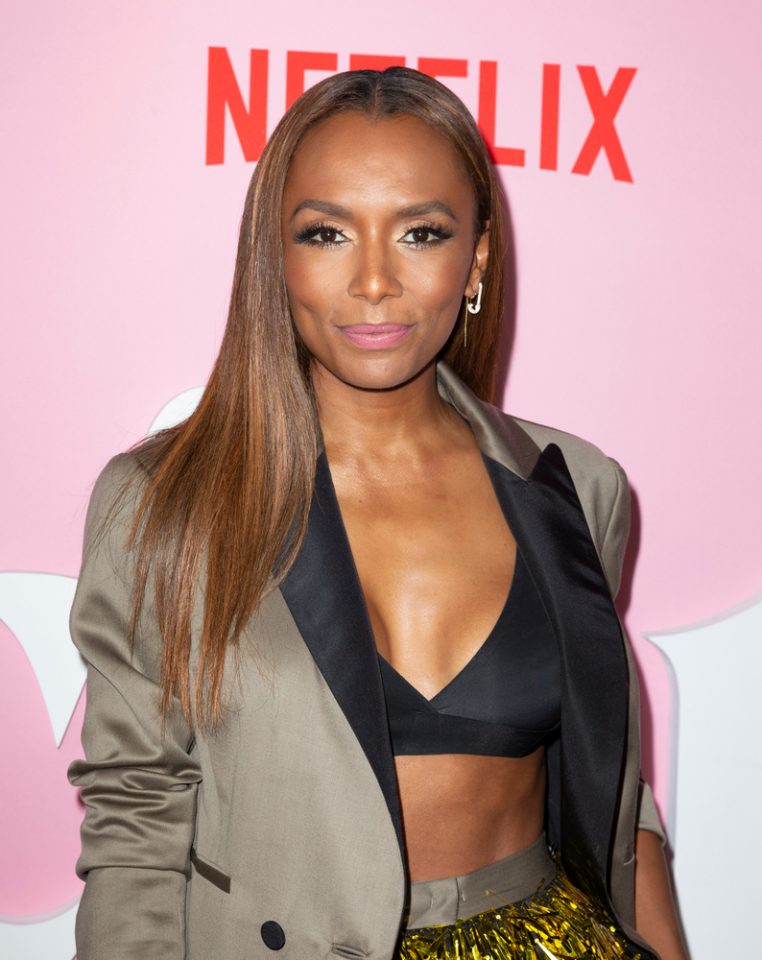
Janet Mock explores how Blacks were marginalized during Hollywood’s “Golden Age” in her limited series for Netflix.
During that post-World War II era of the 1940s and ’50s, White actors like Marlon Brando and Jean Harlow flourished, while others like Hattie McDaniel were relegated to servitude roles. Mock, who serves as executive producer for the seven-part series, titled “Hollywood,” also co-wrote one of the episodes and directed two. An activist and bestselling author, Mock is intent on honoring past legends while paving the way for the next generation of multi-hyphenate talent.
Mock spoke to rolling out about “Hollywood,” limits placed on Black actors and true power.
You’ve said you have to see yourself in a project to be involved. Where do you see yourself in this project?
I wanted to tell an aspirational story of what if a Black girl could win [in] that period. Camille [played by actress Laura Harrier] is the only Black girl in our series. In the crafting of that character, we were paying homage to those pioneers at that time — Hattie McDaniel and Dorothy Dandridge. Additionally, Archie [played by actor Jeremy Pope] and his story working from the gas station as a sex worker speaks to my own experiences as well.
You directed episode four, which spotlights the hardships behind the scenes. What was most important to you to convey in that episode?
Camille’s story is the most searing commentary on what the process looked like back then. As the only “colored” girl that’s a contract player at the studio, she would have never been considered or seen for a lead role. As the writer [and] director of that episode, it was to convey how high the stakes were for this girl to have a chance.
Real-life Hollywood legends Anna Mae Wong and Rock Hudson are included because they were a part of that era. What do they add to the overall story?
We wanted to make sure that we were telling a story that was true for these people in that period. The realness of the struggles they had to go through as gay people and women of color.
Additionally, “Hollywood” is rooted in reality. Will viewers be receptive to some cold, hard truths?
Our viewers will get a portrait of the history of Hollywood. There’s a historical lineage of racism and sexism and homophobia. That lineage doesn’t allow people who are not White and male and straight to be valued on screen.
What would be the ultimate triumph in Hollywood?
The biggest triumph is not only being on screen but behind the scenes, calling the shots, writing the story, crafting the narrative. Eventually, we’ll come to a place where Black, queer, LGBT, and disabled folk are all able to tell stories that aren’t limited to their own identities.
“Hollywood,” a limited series, premieres Friday, May 1, on Netflix.



